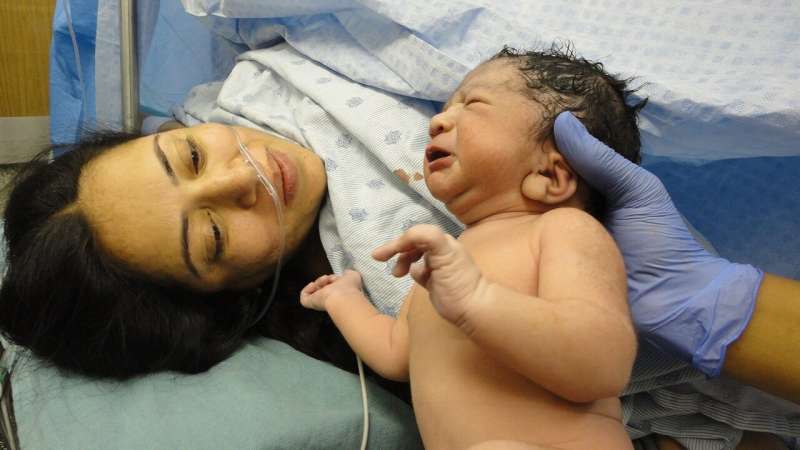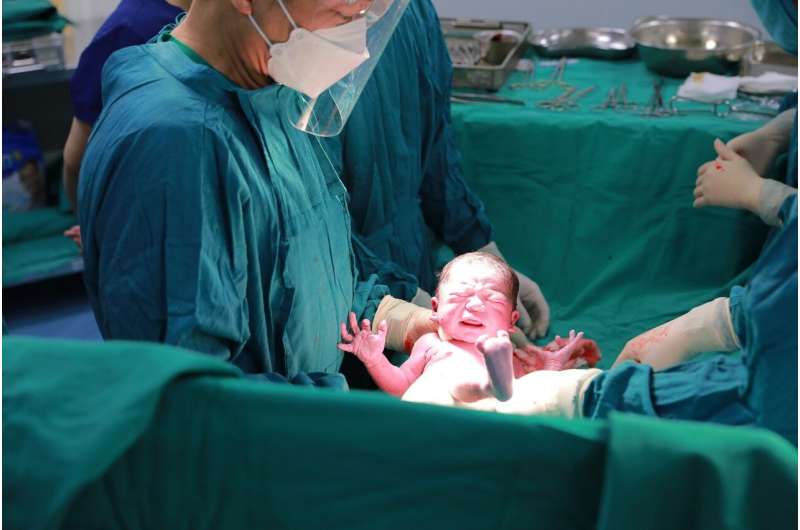Rural Hospital Closures Impact Maternal Care in America

Across rural America, many hospitals are shutting down their labor and delivery units, significantly reducing access to essential maternity care for women in these communities. Since 2020, a total of 101 rural hospitals across the United States have ceased offering childbirth services or announced plans to do so soon, according to a recent report from the Center for Healthcare Quality & Payment Reform. This trend includes three hospitals in Texas, which now has a total of 93 rural hospitals that no longer deliver babies. Over half of all rural hospitals in Texas have halted labor and delivery services.
The closure of these units poses serious risks, particularly in remote areas where hospitals serve as critical healthcare hubs. Rural residents often face long journeys for emergency care, and the absence of nearby maternity services can mean the difference between life and death for mothers and infants. John Henderson, president and CEO of the Texas Organization of Rural & Community Hospitals, highlighted the challenges posed by Texas's geography, emphasizing that while some health issues can be managed with distance, emergencies like childbirth require immediate care.
The financial strain on rural hospitals is a primary driver of these closures. Labor and delivery units are costly to operate due to the need for 24/7 staffing, yet they often have low patient volumes, making them financially unsustainable. Many rural facilities view shutting down maternity services as a necessary step to prevent complete hospital closures, which would deprive communities of all emergency care options.
These closures exacerbate existing maternal health disparities. Women in rural areas must travel greater distances for care, which can lead to worse health outcomes. The Rural Texas Maternal Health Assembly reported that nearly half of Texas counties are 'maternity care deserts,' a figure 14% higher than the national average. Longer travel times increase risks during pregnancy and labor, compounding the maternal mortality crisis—a concern that is intensified in Texas, where maternal death rates and subpar maternal health rankings highlight ongoing challenges.
Experts suggest that sustainable solutions include financial support for rural hospitals and expanded telemedicine services. Legislation such as Texas House Bill 18 aims to stabilize hospital finances through grants and new state programs, though comprehensive strategies like Medicaid expansion face political hurdles. Advocates also stress the importance of consistent, long-term federal and state funding, rather than short-term assistance.
As this crisis continues, healthcare leaders like Henderson stress the need for innovative approaches to ensure rural hospitals can survive and provide critical care. The resilience of these hospitals is vital for the health and safety of rural populations, especially for expectant mothers and newborns.
Stay Updated with Mia's Feed
Get the latest health & wellness insights delivered straight to your inbox.
Related Articles
Revised Diagnostic Criteria for Frontotemporal Dementia Could Enable Earlier Treatment
New research suggests updating diagnostic criteria for behavioral variant frontotemporal dementia to enable earlier detection and treatment, focusing on behavioral and social cognitive symptoms rather than restrictive cognitive benchmarks.
Single Brain Scan Could Predict Risk of Age-Related Conditions Like Dementia
A new MRI-based biomarker, DunedinPACNI, developed by researchers, can predict individual aging rates from a single brain scan at midlife, enabling early intervention for age-related diseases like dementia.



